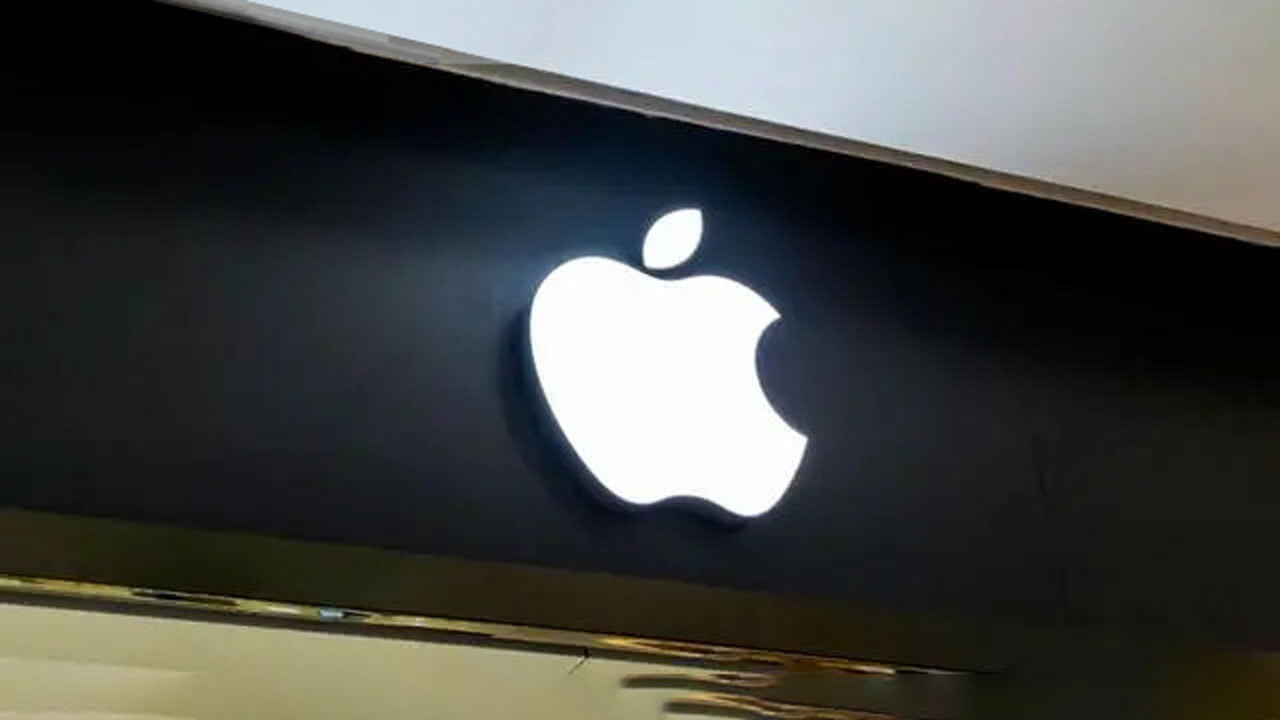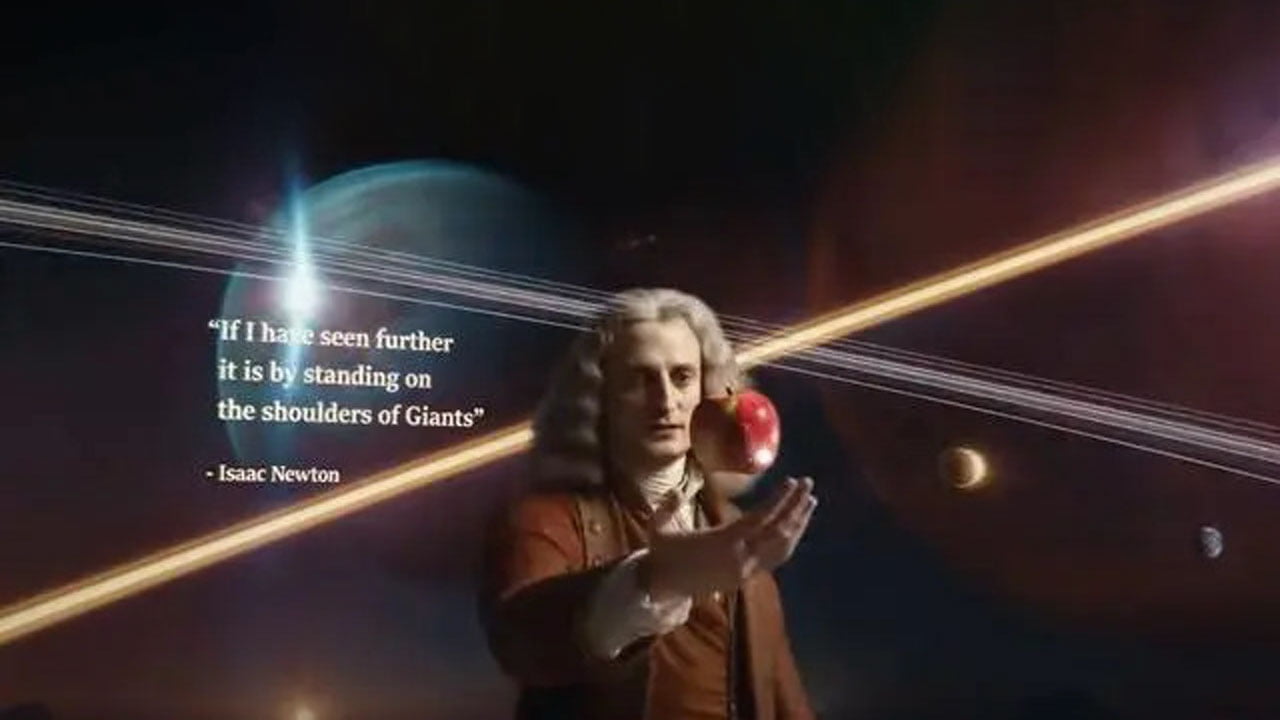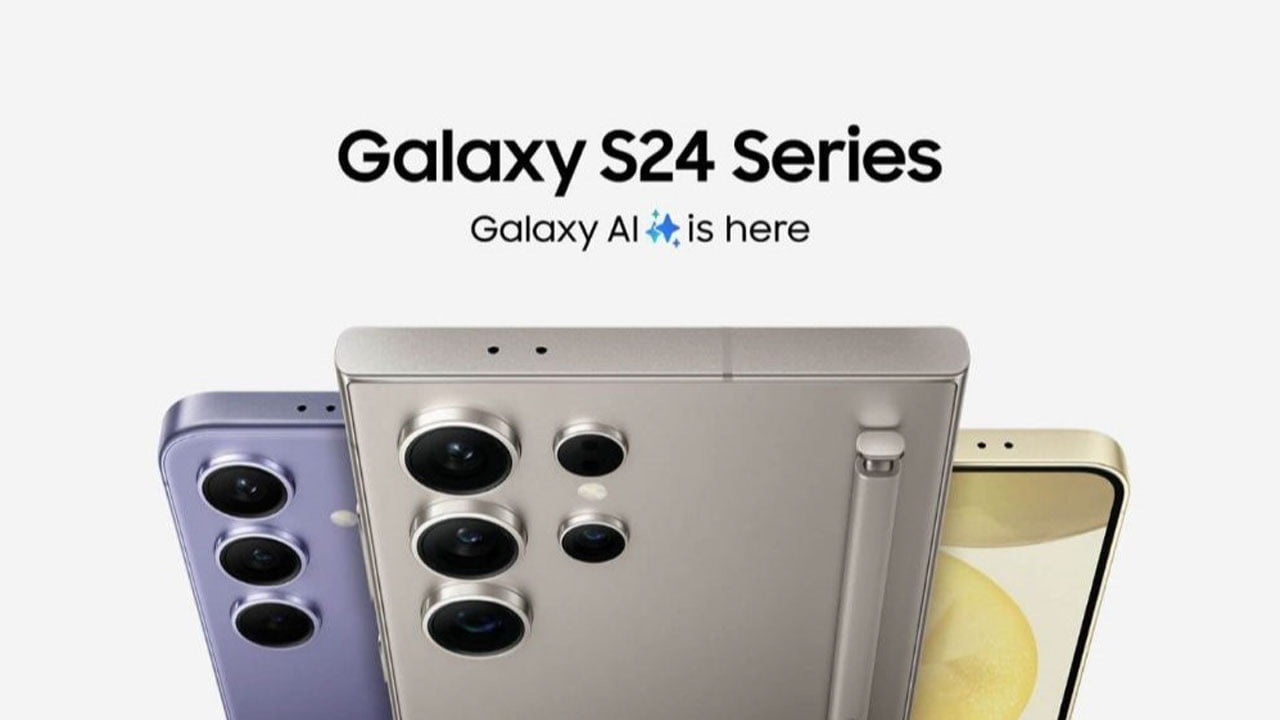Apple Big Defeat: A Tale of Innovation, Leadership, and the Changing Tides of Technology

Apple Big Defeat: A Reflection on Innovation and Openness in the AI Era”. Economic Observer reporter Chen Bai The impact of the generative AI technology revolution in the technology world is being reflected in the capital market in the form of real money. As of the close of U.S. Stocks on January 12, Microsoft’s market value reached US$2.89 trillion, officially surpassing Apple, which has a market value of US$2.87 trillion and returned to the throne of technology companies.
Apple Big Defeat
In 2012, when Cook became Apple CEO and Steve Jobs was diagnosed with illness, Cook took advantage of the opportunity to adjust Apple’s marketing and product strategies to push Apple’s market value to No. 1 among technology stocks, successfully surpassing Microsoft. At this point, Apple began its development process of dominating technology stocks. In the following more than ten years, Apple has been firmly at the top of the list of global technology companies. Not only that, in 2018 and 2020, Apple also became the first technology stock in history to have a market value of more than US$1 trillion and US$2 trillion. company.
People like to follow the stories of successful people, and the world is cheering for the success of Microsoft. This company, which has led the world since the PC era, has successfully completed a counterattack through open innovation in the AI era. However, Apple, which once used disruptive innovation as its trump card, has gradually become synonymous with backwardness – look at the cards in Cook’s hand, including price reduction promotions, changing the size of the model, and adjusting the color of the casing. Cook has completed the legacy of Steve Jobs. After ten years of repairs, his talents are almost exhausted.
The capital market no longer believes in Cook, and this is not even because Cook has not done a good enough job. On the contrary, in terms of the CEO’s responsibilities, Cook’s work is almost impeccable. When Jobs was appointed to the task in a critical situation, his entire responsibility was to do a good job in management. But this is also a cruel law of the technological world: direction is more important than effort.
In the past decade or so, Apple has been so successful that it has become an insurmountable myth for a long time, and Apple’s direction has largely become a road map for geeks around the world. But when people once again stand at the crossroads of technology bifurcation, the choice appears again – whether to bet on model training that requires huge amounts of computing power, or to bet on virtual reality and the metaverse, which have been hyped in the past few years. A very hot concept?
By 2024, the correct answer to this multiple-choice question is already clear. Before Apple launched the disruptive iPhone, the global communications market was dominated by Nokia and Motorola, Samsung and other companies behind it. Today, Apple is in the same awkward position as Nokia, which it once defeated.
Attributed to Apple’s failure, the loss of Jobs, Cook’s lack of geek spirit, misbetting on the wrong technical route, etc. can all be regarded as cracks in the empire. But if Jobs is resurrected, can Apple continue to lead innovation in the AI era? Looking at it today, the answer may not be certain.
From OpenAI to the resurgence of Microsoft and even the success of Tesla, innovation comes from the “emergence” based on open, open source and large amounts of decentralized data. The infrastructure of large language models and even multi-modal models that we are familiar with today is based on wisdom formed on the basis of massive data.
This is called open innovation in the innovation community. It can be seen that both Microsoft and Tesla attach great importance to the construction of the open source community. Tesla even published its own design draft in the open source community. To take a step back, the reason why Microsoft was able to invest in OpenAI is itself the result of Microsoft being sufficiently open.
But when we look back, Apple’s innovation path is obviously different. To a certain extent, the birth of the iPhone was an extremely centralized innovation. It is a disruptive innovation that is highly dependent on Jobs’s personal imagination and originality. This is why Apple has been criticized for being incapable of innovation for many years after Jobs left.
But OpenAI is different. In the company infighting that shocked the world at the end of 2023, you will find that Ultraman Sam is just a link in the entire innovation chain. In many cases, people even find that Ultraman seems to be OpenAI’s Cook. But at OpenAI, no one plays the role of Steve Jobs.
Of course, this is not to deny the value of disruptive innovation. To a certain extent, the ability of disruptive innovation is the entire value of the existence of great entrepreneurs. But cycles and trends always change. When technological changes come to the era of artificial intelligence, when greatness cannot be planned, open source and emerging capabilities may be more important at this stage.
Chinese entrepreneur Zhang Ruimin once said that there are no successful companies, only companies of the times. This sentence has its reference value even in the global context. In this globally watched battle for the technology throne, Apple did not lose because of the premature loss of Jobs, nor did it lose because of Cook’s limited abilities, but because Apple failed to keep up with the changes of the times.
See More:
Does it Meet Standards of Japaneseness: Miss Japan’s Lack Of Backbiting
Smart Ring War in 2024: Following Samsung, Also Apple
In The AI Craze: ASML Leaps To 3rd Place In Market Capitalization in Europe
Louis Vuitton Family’s 4th Member Enters LVMH: Dating Rumor With BLACKPINK’s Lisa’



Leave a Comment